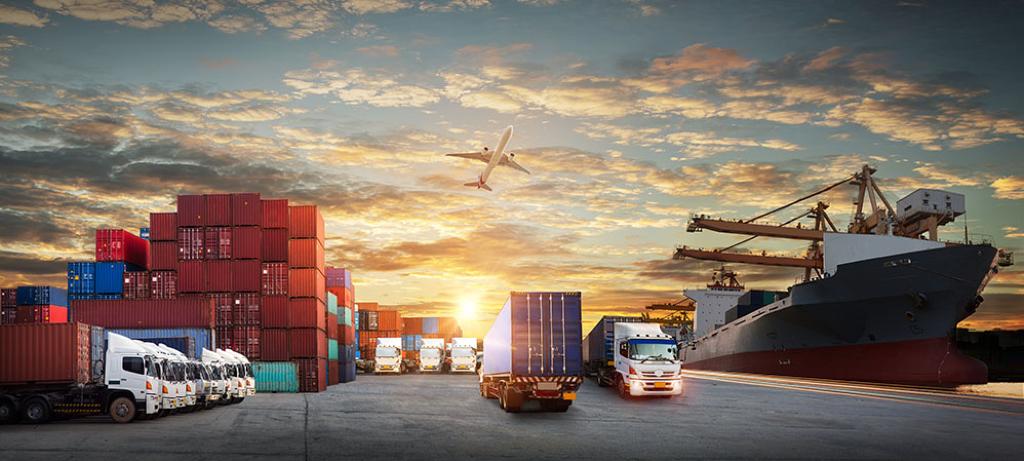How the Worker Shortage Caused a Global Supply Chain Crisis

- The COVID-19 pandemic caused a worker outage which has now hindered production on a global economic scale.
- The worker outage, alongside raw materials that have become increasingly difficult to get, has caused a shortage of items, leaving store shelves empty.
- The global shortage is due to several reasons, one being that workers feel unfairly compensated for their work.
Since the COVID-19 vaccine rollout, economic recovery has been occurring rapidly globally. As the economy returns to its normal state rather quickly, some supply chain issues have caused pent-up demand. As the supply for certain items is lower than its demand, there is a shortage, causing store shelves to remain empty, leading to higher prices for consumers.
What Caused the Shortage?
During the height of the COVID-19 pandemic, corporations laid off many employees to retain money and remain profitable. Therefore, those laid off caused supply chain disruptions, as the shortage of workers made it difficult for companies to keep up with the increasing demand.
The Effects of the Shortage
In the United States, the port of Los Angeles is an essential part of the global market. Due to the pandemic, its shortage of workers caused a lower than average amount of high-demand work to be completed. Los Angeles, one of the most important points of access to the global market, plays a crucial role in the trades done within the Western hemisphere such as other parts of the United States, Canada, and South America.

Furthermore, the shortage of truck drivers is another crucial component as to why the supply chain has caused a global disruption. There is a shortage of over 60,000 drivers, and this large number makes it a significant global supply chain bottleneck. This means that a substantial amount of product cannot reach its final destination on time, causing a shortage and leaving the shelves of stores empty.
The decrease in truck drivers is due to a number of unsettling factors, such as low wages and poor working conditions. Truck drivers are forced to meet strict deadlines and, as a result, are forced to work long hours and drive for prolonged periods of time without taking a break. Unfortunately, these drivers are not compensated fairly for their time, which leads to dissatisfaction and many quitting their jobs altogether.
How to Fix the Worker Shortage
The shortage of workers stops the economy from reaching its full potential post-pandemic, making it difficult for the economy to return to its normal state.

Image Credit: Shutterstock by Suzanne Tucker
With a record number of people quitting their jobs and starting to work for themselves, some people are not exactly lining up to start back working for large corporations. Fortunately, the shortage of workers can be easily resolved by increasing the workers’ wages or salaries. Therefore, if companies wish to fix this critical global issue, one way to do so is by providing a higher incentive for their employees' labor.
On the other hand, for truck drivers, more work needs to be done as they are one of the most underappreciated groups of workers, and the lack of improvement within the industry indicates that. Currently, truck drivers are exploring other opportunities in different industries where they are better compensated. Unfortunately, as a result, many trucking companies do not have the number of drivers they wish to have as they are reluctant to pay their workers fairly.
Workers are the backbone of any economy, and when they are not compensated properly, a shortage occurs, which hurts the economy on a domestic and global scale. Therefore, if this issue is not addressed soon, it will be increasingly difficult for economics in the United States and other regions across the globe to return to its original state.
What do you think will happen to the economy if the worker shortage continues? Let us know in the comments below.